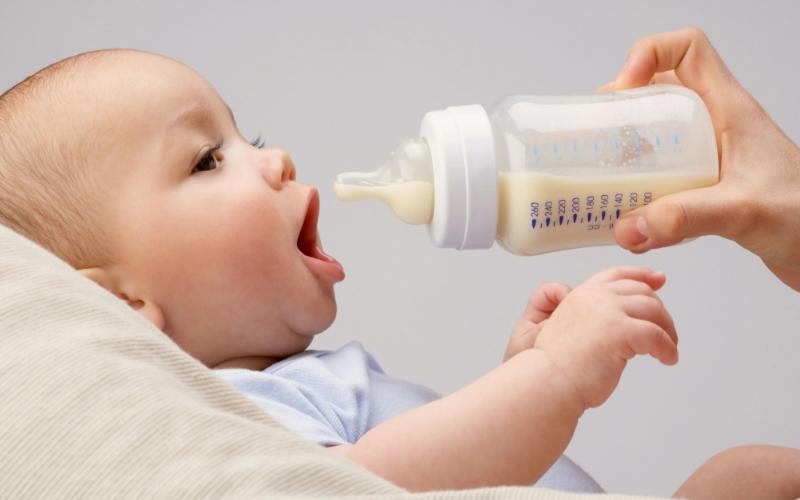The Controversial Rise and Fall of Oat Milk
Sourse: thetab.com
Oat milk, once hailed as a sustainable alternative to cow's milk, faces newfound criticism over environmental concerns, health misconceptions, and political associations.

In recent years, oat milk has surged in popularity as a plant-based alternative to traditional dairy, largely driven by the growing trend towards veganism and the perception of oat milk as a healthier and more environmentally friendly option.
However, this perception is undergoing scrutiny. Environmental Concerns: Despite being marketed as sustainable, oat farming significantly consumes water resources, and its production involves processes that contribute to greenhouse gas emissions. Brands like Oatly have made strides to mitigate their ecological footprint, with measures like using renewable electricity.
Health Misconceptions: Many consumers initially turned to oat milk for its perceived health benefits. However, studies reveal that the nutritional content of oat milk doesn't match that of cow's milk, raising questions among consumers about its purported health advantages.
Political Backlash: Oatly found itself at the center of controversy after a $200 million investment from Blackstone, whose CEO had financially supported Donald Trump's 2020 campaign, causing some consumers to reassess their support for the brand. Marketing Disputes: In 2023, Oatly's ad campaign 'It's Like Milk But Made For Humans' faced criticism from the National Dairy Council in Ireland. While some aspects of the campaign were supported by the ASAI, it highlighted ongoing tensions between traditional dairy and plant-based alternatives. This multifaceted dispute underscores the complexity surrounding oat milk in contemporary consumer culture.
However, this perception is undergoing scrutiny. Environmental Concerns: Despite being marketed as sustainable, oat farming significantly consumes water resources, and its production involves processes that contribute to greenhouse gas emissions. Brands like Oatly have made strides to mitigate their ecological footprint, with measures like using renewable electricity.
Health Misconceptions: Many consumers initially turned to oat milk for its perceived health benefits. However, studies reveal that the nutritional content of oat milk doesn't match that of cow's milk, raising questions among consumers about its purported health advantages.
Political Backlash: Oatly found itself at the center of controversy after a $200 million investment from Blackstone, whose CEO had financially supported Donald Trump's 2020 campaign, causing some consumers to reassess their support for the brand. Marketing Disputes: In 2023, Oatly's ad campaign 'It's Like Milk But Made For Humans' faced criticism from the National Dairy Council in Ireland. While some aspects of the campaign were supported by the ASAI, it highlighted ongoing tensions between traditional dairy and plant-based alternatives. This multifaceted dispute underscores the complexity surrounding oat milk in contemporary consumer culture.










